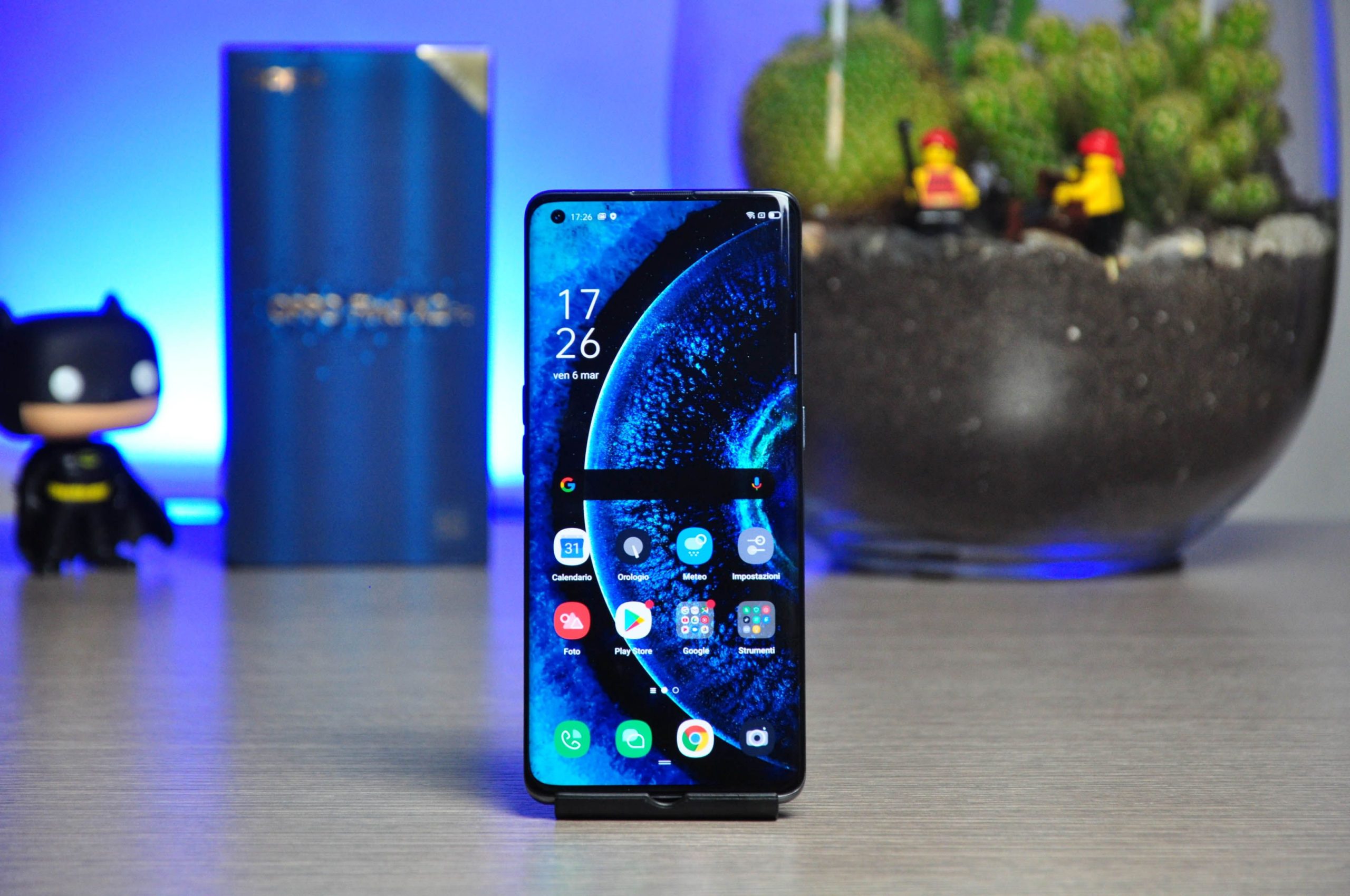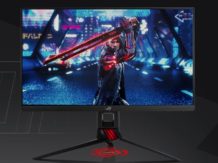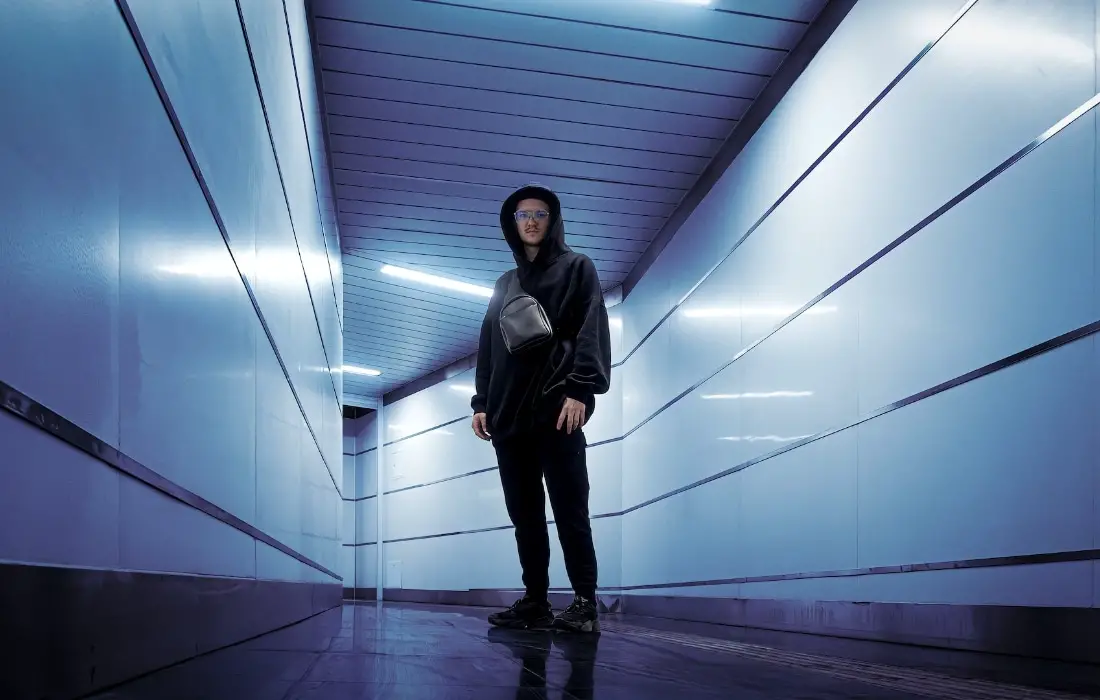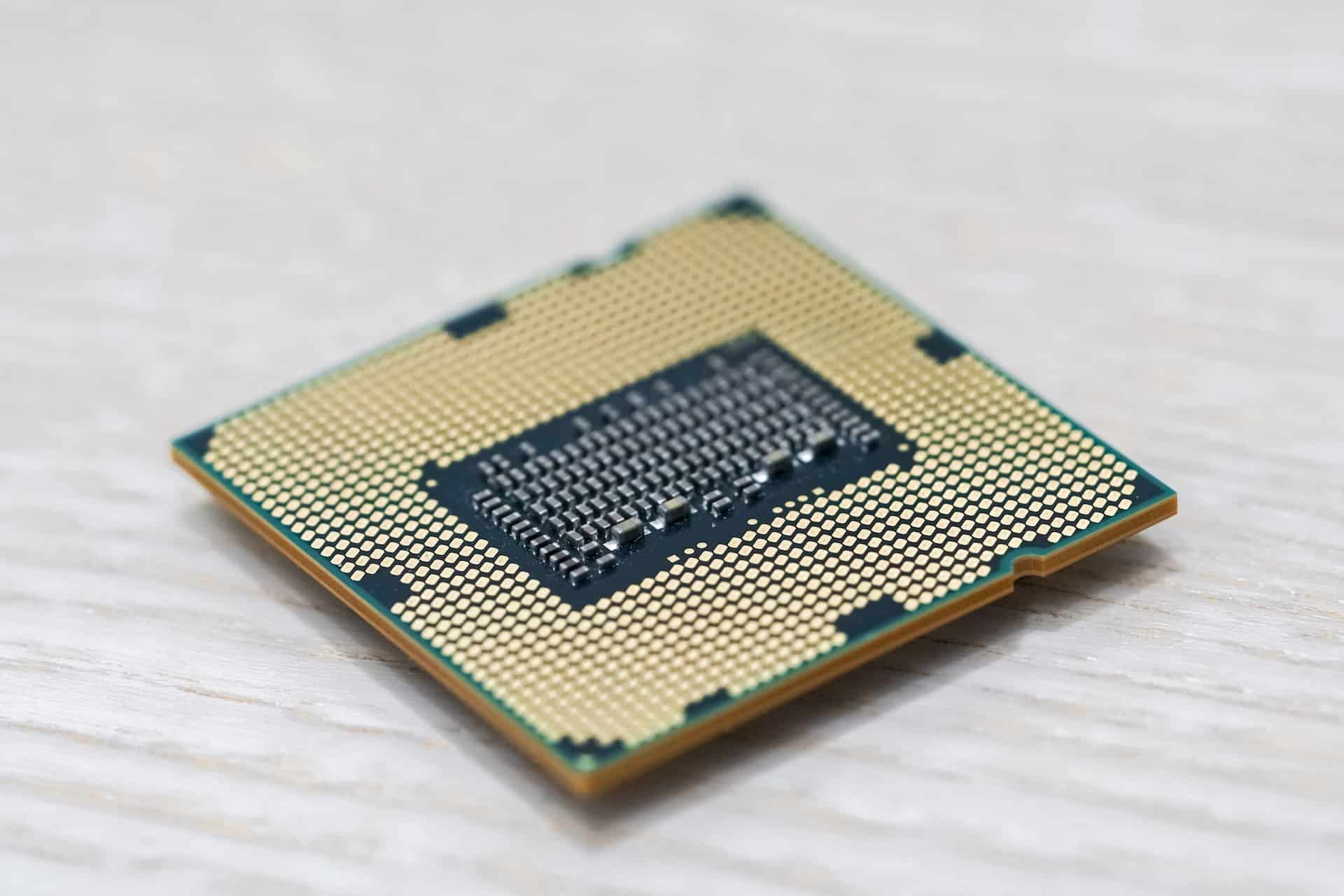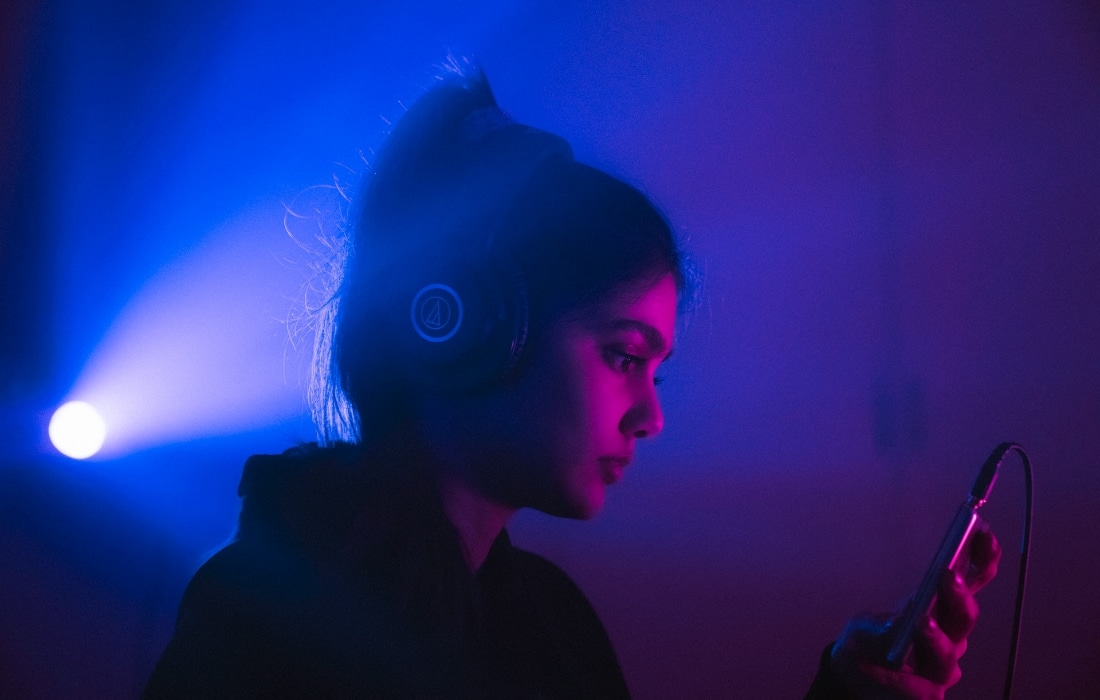With ColorOS 7.1 Oppo sends a clear signal to international competitors. The high-end specifications of the new top of the Find X2 Pro range are just a piece of the Chinese house's strategy, which with the latest update of its graphic interface has finally adapted to Western needs, focusing on a simple and rational design, on targeted functions and a really excellent reactivity, granted by the 120 Hz screen and by the Snarpdragon 865 processor.
The new ColorOS convinces, net of some very small burrs that will surely be filed with the next versions, for an operating system that lives up to the hardware on which it runs.
Simple and rational design

The interface designed by Oppo is able to adapt to the most varied tastes. Just look at what has changed in the icons, which they can now be customized with three different designs, the rectangular one, the rounded one and the classic Material Design. In all, over 200 icons are available for third-party applications, thus ensuring continuity in the visual experience. Experience that can now count on less saturated colors and less eye strain, more suitable for western audiences.
Dark mode is an integral part of the OS and it also works with third-party applications, for now only in beta. You can program the activation time or leave it always running, also saving a little battery. There is also an always on display, which shows a clock and notifications when the screen is off; the interface animations have also been revised to offer a better perception of fluidity. The system sounds have been renewed compared to the past and are now based on audio samples taken from the world of nature.
All these elements led to the creation of a fluid and very responsive interface. The merit certainly goes to the Snapdragon 865 processor and the 120 Hz screen, which together with the 12 GB of RAM of Find X2 Pro make up a powerful and reliable platform.
From the Widget panel to the settings menu there are many changes compared to the past, some options remain to be set right in the settings panel, which in some cases are grouped in a tab "Additional settings"too general.
Fluidity and speed above all
The hardware is not enough to guarantee maximum smoothness of use, the software serves as a bridge between the components. Oppo uses various technologies to increase the speed of execution of ColorOS, starting from UI First, which deals with the management of system resources and the processes of reading and writing in memory.
Oppo oSense, on the other hand, is dedicated to the allocation of processor resources, applying algorithms to give the right priority to the various processes necessary to run the system, giving more power to those directly connected to user actions.

In practice, system resources are allocated more in tasks such as opening applications, or in performing a task requested directly by the user, rather than in background processes for example.
On the same line there is Oppo oMem, which deals with the optimization of RAM, closing inactive applications, and system memory, avoiding excessive data fragmentation.
The user experience with ColorOS 7.1

In the last few weeks we have tried different graphic interfaces, from Samsung's One UI 2.1 to Huawei's EMUI 10, and we can only be satisfied with the user experience with ColorOS 7.1. Visually, customization allows you to adapt the design to your personal tastes, you can see that Oppo has been looking for greater visual coherence in the various parts that make up the interface. ColorOS is pleasant to use, not only from the visual point of view but also from the speed of execution. Lag and jamming are absent, moreover with this hardware and these software optimizations it can only be so, especially if you use the gestures of Android 10. Better to deactivate the now dated Nav Bar and enjoy the use of the phone in full screen.
During use we have seen a couple of application crashes, but remember that the phone will arrive on the market in May, so these are small uncertainties that will certainly be resolved over time. In these two weeks of use, two software updates have arrived, a sign that Oppo is constantly improving its top of the range.
In this regard, Oppo has stated that it will strive to make "more timely and frequent updates", confirming also in this the will of change approach towards European consumers. However, compared to the past, the steps forward are clear, today ColorOS is a truly ready interface for the western public.





